
Oh, the irony.
Just look at the two photos at the top of this post. On the left, it’s Metallica in concert, the way most people are accustomed to seeing them – sitting far away, perhaps in nosebleed seats, along with 25,000 of our closest friends. If not for those massive video screens, we’d have a hard time enjoying the show.
On the right is the way we can see Metallica now, specifically drummer Lars Ulrich – by yourself on your preferred screen, in the privacy of your own home, or wherever and whenever you want to watch.
Lars has been taping short intros to the band’s series of free streaming concerts – “Metallica Mondays.” If you’re a fan of the band, and getting tired of sitting at 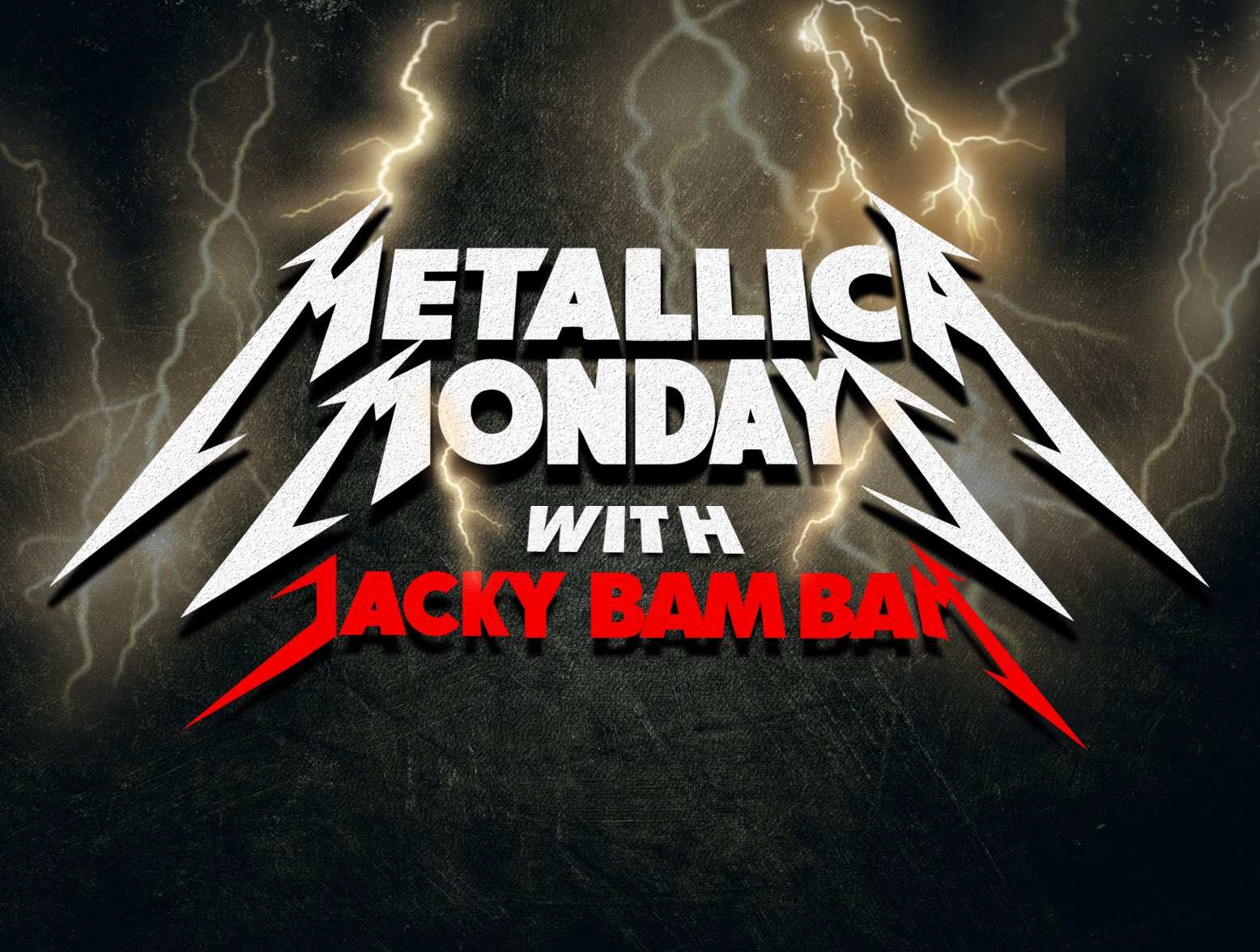 home, this April promotion is a godsend. Chances are your local rock radio station is carrying these shows on the air or you can catch them on a live stream.
home, this April promotion is a godsend. Chances are your local rock radio station is carrying these shows on the air or you can catch them on a live stream.
The fact, however, is that thanks in a weird way to the virus, Metallica is no longer far away, out of touch, inaccessible. Lars is talking to us. And not about Metallica’s new line of merch or their upcoming album or tour.
No, he’s talking about COVID-19, and how the band is feeling, and how we’re doing. And in its own way, it’s unique, personal, and very one-to-one. Believe me, it’s better and less gnarly than going backstage.
Welcome to the “new intimacy.”
And new research from the Global Web Index indicates his instincts are spot-on. Their study, conducted late last month, included more than 2,200+ Americans, along with 1,700+ respondents aged 16-64 from the U.K.
When asked about what they’d like bands to provide during the crisis, their preferences echoed exactly what Metallica is doing on these Monday nights – updates on how the band is doing these days as a result of the virus, as well as live streamed concert performances.
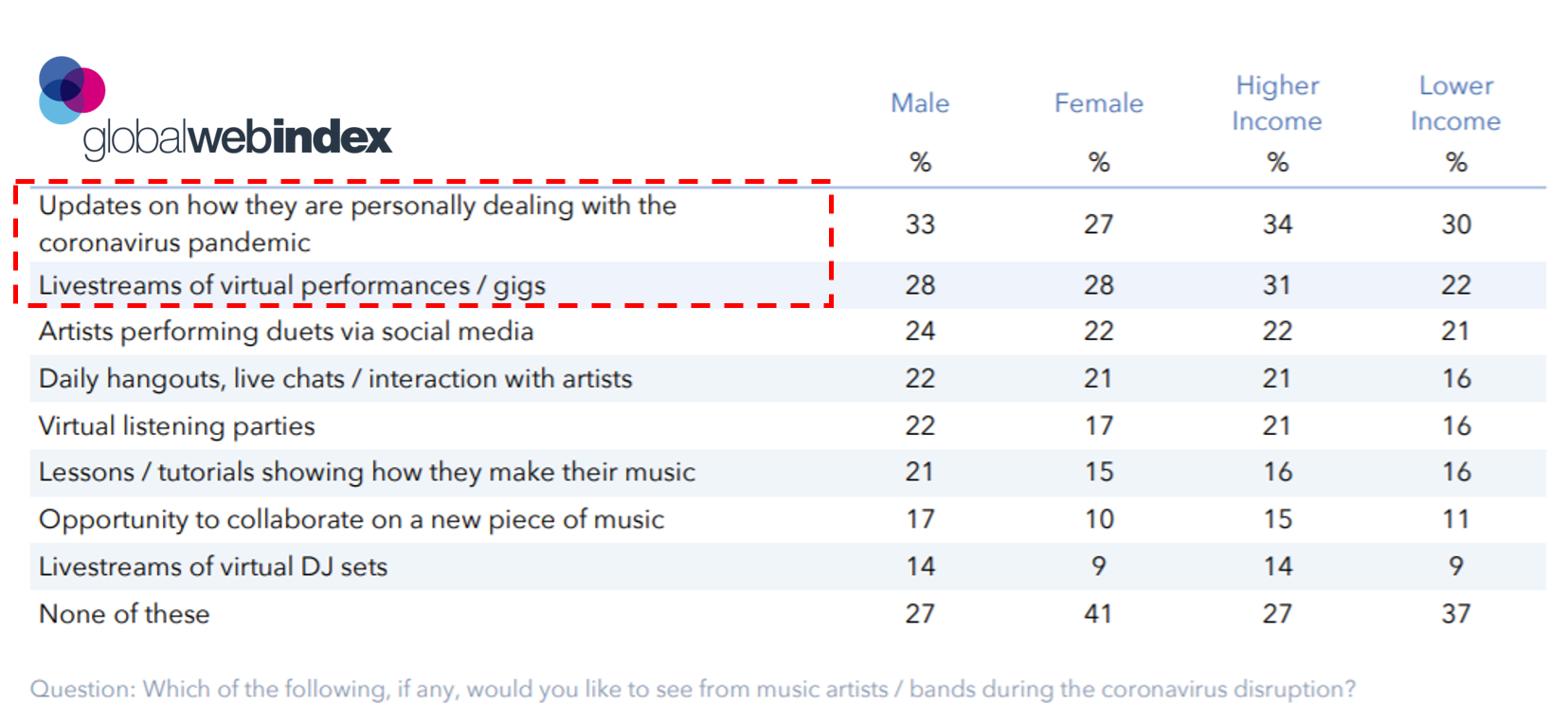
Watching late night talk shows provides similar lessons for radio broadcasters about how talent who can pivot – and thrive – along with those who are struggling to communicate without the support of a studio audience. Stephen Colbert has struggled, while other hosts have stopped production altogether or are working a limited schedule.
And then there’s Jimmy Fallon. His two cute young daughters have become his new “co-hosts” as his show is now produced from his home. It’s one thing to do a monologue in front of a live hooting crowd, and now with his precocious daughters, Winnie and Franny.
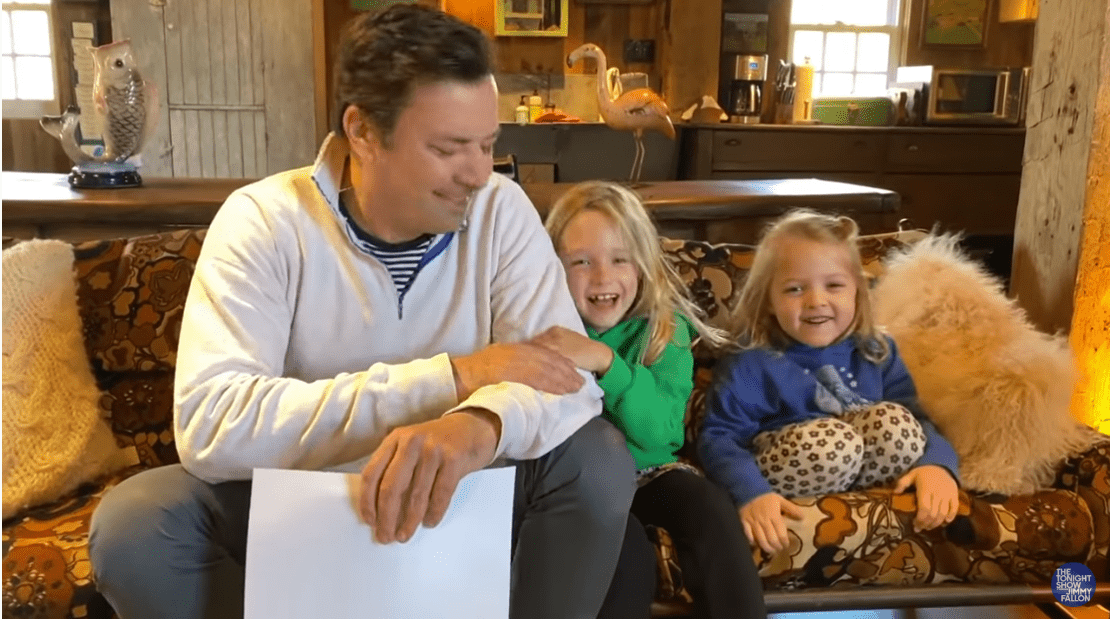
How’s it going over? These shows during COVID-19 are creating a whole new dimension for the “Tonight Show” host. And judging by the comments that consistently pile up underneath his videos, he (and the girls) is resonating with the audience – especially women – more than ever before. Viewers are seeing a side of Fallon that’s normally hidden behind the jokes, the parodies, the benchmarks, and the makeup. The crisis has made him more accessible, human, and charming:
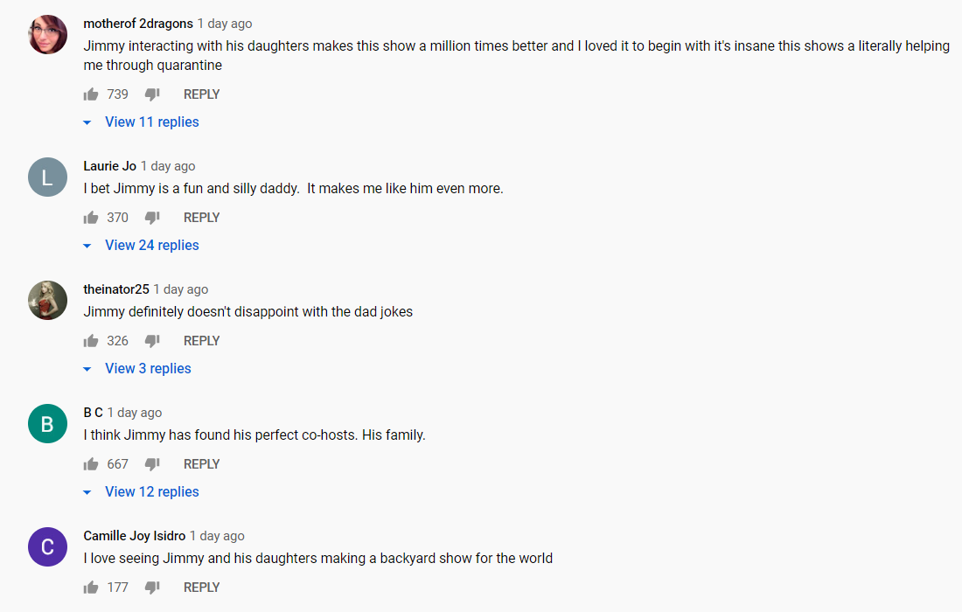
Welcome to the “new intimacy.”
And it’s happening all over the Internet, but especially with rock stars of all genres. It’s going to become the way artists connect with their fan bases for some time to come, thanks to our current isolation and our omnipresent fear of exposure and infection. A brand new Morning Consult survey conducted last week among 2,200 Americans reveals consumers are in no hurry to enter an arena, stadium, or auditorium to watch their favorite artists in concert. More than one-fourth (27%) believe it will be at least six months before they feel comfortable attending a live show.
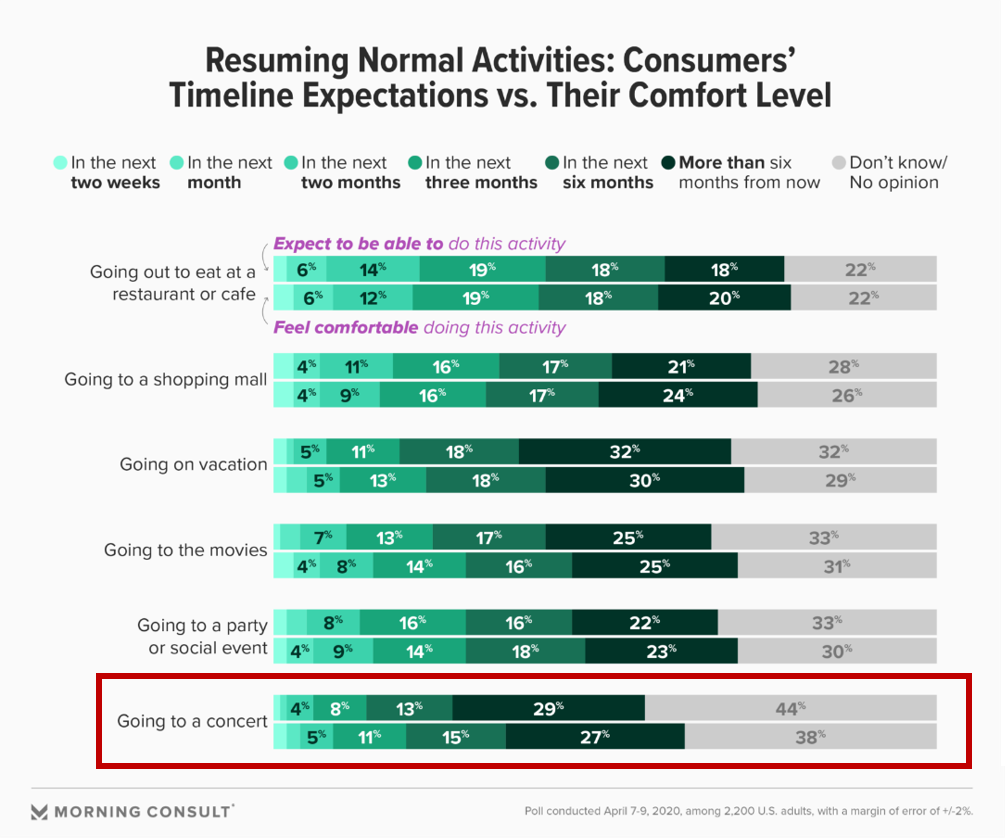
A new Billboard study, conducted by Performance Research on March 23-26 among 1,000 U.S. adults is even more confirmation of rough waters ahead for businesses dependent on hordes of people. Reported in Variety, the research reveals there will be a lagging reluctance for consumers to attend arena shows, much less stadium concerts in the foreseeable future.
Nearly half (47%) say that even after the CDC gives the green light for large public entertainment gatherings, the thought of attending these events “will scare me a long time.”
The news is especially bad for movie theaters (49% aren’t excited about going), along with indoor concert venues (56%), indoor sporting events (51%), and theme parks (50%) where respondents indicated it might be “a few months” to “possibly never” for them to return to their old habits.
The Billboard study strongly indicates that hygiene and sanitation will be a big concern moving forward (think about the restrooms at sporting events and concerts), including the cleanliness of food concession areas.
So, what are the alternatives? The good news is that desperation is spawning new models. Innovation is emerging rapidly, not just for musicians, their management teams, and their labels, but also for radio stations and their parent companies, also a player in the music/concert/merch revenue model. It is rapidly all about bringing the music closer to consumers at a time when they’re feeling alone.
Like many trends, whether it’s telehealth, online workouts, or Zoom meetings with the staff, these intimate opportunities with physicians, personal trainers, and even our airstaffs have been bubbling under for years. Now, thanks to the virus, these trends have been turbo-charged, forcing us to experience our world differently and ironically, more intimately. Here we are, alone more than many of us have ever been, and yet some things are strangely closer to us than they’ve ever been before.
Welcome to the “new intimacy.”
If you’re working in local radio right now, you know your world is changing rapidly, as each week brings new chapters in the pandemic. It’s not just altering our culture, but our personal and professional lives.
“Metallica Mondays” may be just the beginning. That’s because once you get beyond that small group of elite artists who truly have nothing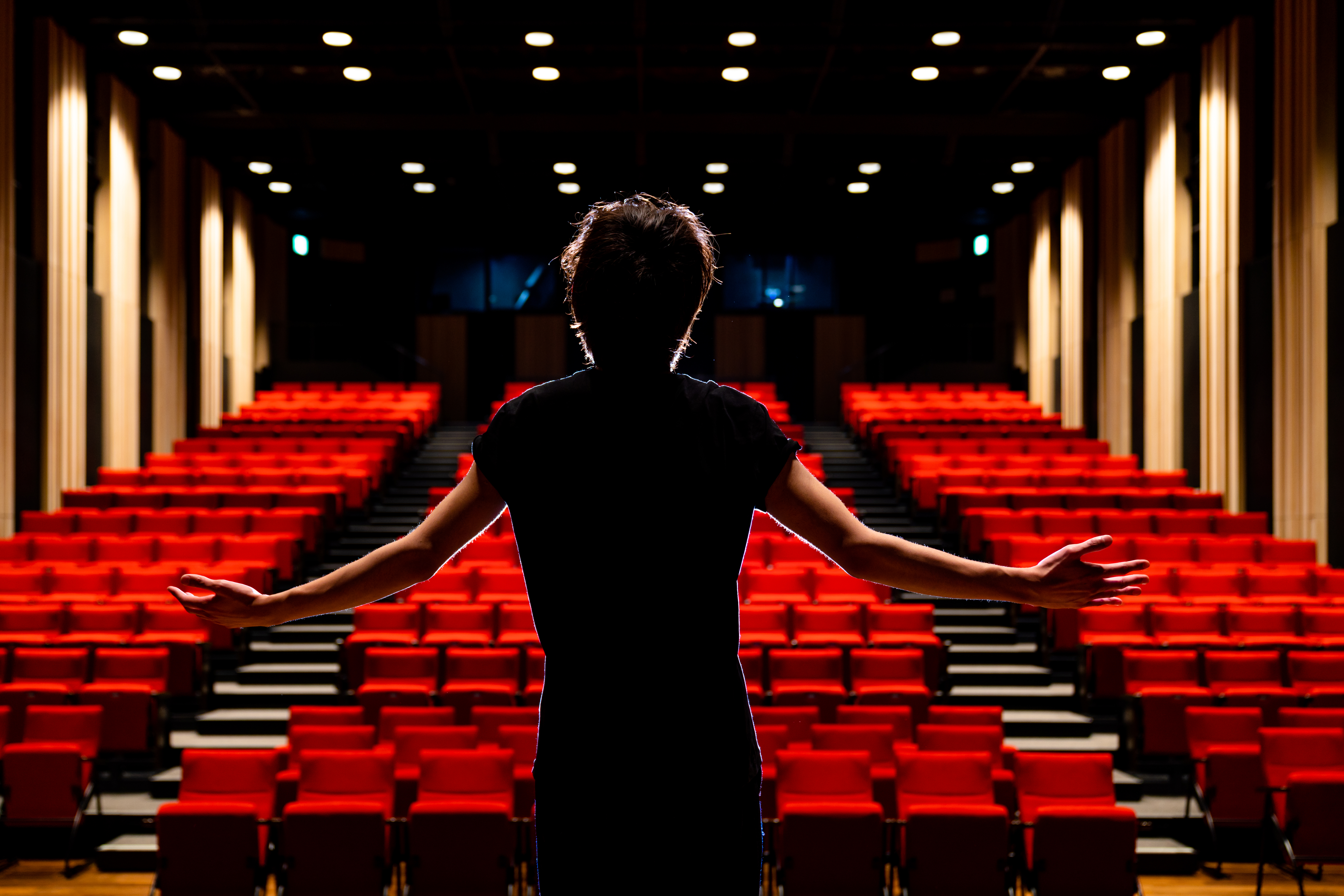 to worry about even during the era of COVID-19, the thousands of other artists, bands, groups, and ensembles trying to earn a living from their music are watching their business models disintegrate. How innovative will they be, bringing their music into our living rooms and onto our screens in ways that just weren’t feasible before.
to worry about even during the era of COVID-19, the thousands of other artists, bands, groups, and ensembles trying to earn a living from their music are watching their business models disintegrate. How innovative will they be, bringing their music into our living rooms and onto our screens in ways that just weren’t feasible before.
While performances at concerts and in clubs were once a reliable source of income and exposure, as well as a great place to sell merch and other goodies, the reality is that while their fan bases are shut in, none of that’s happening. And who can honestly survive on just streaming royalties and the occasional online sale of a CD or T-shirt?
And for radio stations reliant on festivals and other event marketing activity, these research studies reveal a sea of red flags, suggesting it may be a long time before this end of the business returns to any resemblance of “normal.”
And perhaps it also suggests the often frayed relationship between labels, artists, and radios should be re-examined in light of this changing reality. The Metallica experiment is affirmation the time-honored connection between these two industries has endured, and can even be redefined in light of this global pandemic.
The two industries have been at war for years now, sparring over music royalties, and other financial issues, often to each side’s detriment. These battles haven’t just been damaging to each side, they’ve been highly expensive.
But COVID-19 makes strange – and in this case familiar – bedfellows. Like divorcees that re-marry each other a second time, it may be a bit awkward, but the need for radio and records to bury the weaponry, and instead seek out mutual benefits has never been greater. In a completely up and up way, these twins from different mothers need each other, and can each prosper by working together.
At a time when partnerships abound throughout the media and technology industry, a rekindling of the radio and records relationship makes a world of sense. After all, when Google and Apple can stop their nuclear war to work together on a coronavirus tracking project, the music and radio businesses can look for ways to make the music come alive again for consumers, hungry for new and more intimate music experiences.
And to think, we might have a global pandemic to thank.
Back in 1970, Dave Mason (formerly of Traffic) released an amazing solo album, “Alone Together” on the old Blue Thumb record label. The 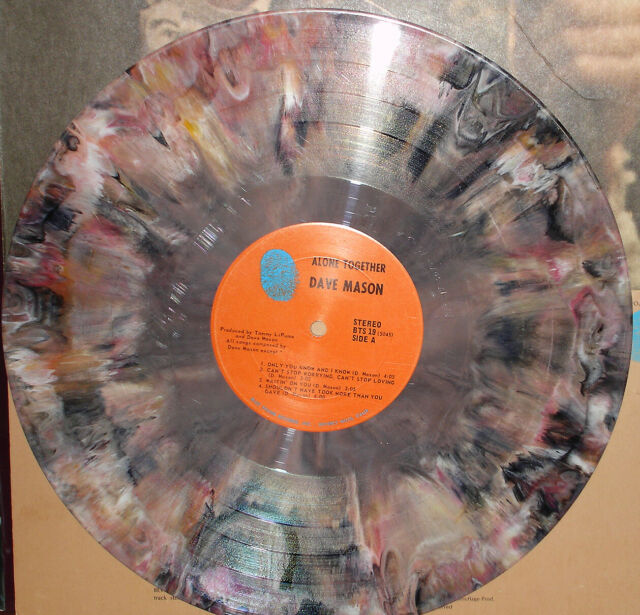 novelty of Mason’s project was a marble-looking special edition vinyl pressing that rapidly became a collector’s item. Roughly 30% of these albums got this special treatment. That’s the cool version label reps walked into radio stations that year.
novelty of Mason’s project was a marble-looking special edition vinyl pressing that rapidly became a collector’s item. Roughly 30% of these albums got this special treatment. That’s the cool version label reps walked into radio stations that year.
I’ve always been enamored with the album’s title. “Alone Together,” because it always sounded like an odd contradiction – a true rock ‘n roll dichotomy.
A half century later, I finally get it.
Welcome to the “new intimacy.”
Thanks to Q-Prime’s Warren Christensen. “Metallica Monday” could be happening tonight on a rock station near you. As they say, “Check your local listings.”
- For Radio, Will It Be Christmas In April (And Hopefully, May)? - April 21, 2025
- Media And Technology In 2025: Believe It Or Not! - April 18, 2025
- In Radio, You Just Never Know - April 17, 2025




Fred, you make cry. (like a chick flik) Pass the tissue please.
We all need a good cry from time to time. 🙂
Great piece Fred. The birth of new ideas . . . .
As necessity is the mother of invention it creates a new awakening.
The best
Billy
Appreciate it, Billy. These crises bring out the best in some people. Thanks for commenting.
Great to see the headline “Radio & Records”! We waited for the weekly mailing in the day before www & e-mail. A great marriage that needs resurrection. Thank you, Fred. To recovery & Safety First.
I read the industry trades every day, Clark, but I still miss “R&R.”
Great post, Fred. And the Dave Mason album–brilliant. (Yeah, I still have my beautiful LP.)
A collectors item, John. (But only $65 on eBay?)
I think this whole thing is tougher for extroverts, Fred, but it’s even been tough on introverts like me.
Alone Together…has (still) one of my favorite Deserted Island songs “You Shouldn’t Have Took More Than You Gave,” which resonates today.
It does indeed. I think I may have to pull that beautiful album out of its sleeve and give it a spin tonight. Thanks for the note and stay safe.